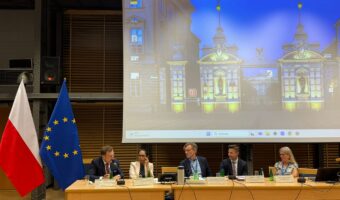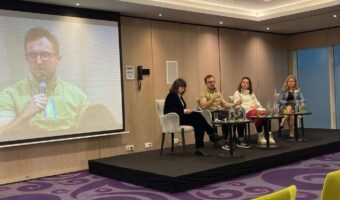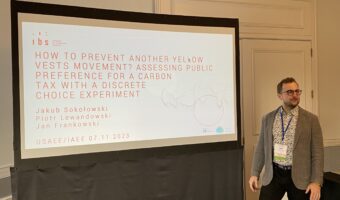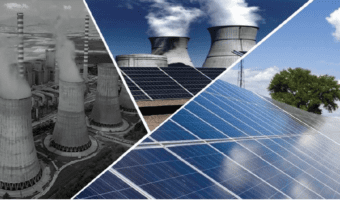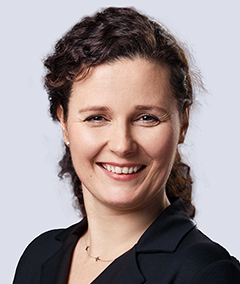The aim of the project is to gain and organize all the knowledge about the mechanism of supporting environmental fees which is crucial in light of discussing various climate and energy policy options (carbon tax implementation, EU-ETS improvements) and ad hoc fiscal solutions due to the consequences of the pandemic crisis and Russian aggression on Ukraine.
In the project, we will:
- organize the knowledge on economic and behavioural mechanisms of emission reduction
- run a discrete choice experiment among a representative sample of the Polish society that will consist of randomized policy scenarios for an introduction of environmental fees
- assess the willingness to accept environmental fees depending on age, income, energy and transport expenditures, location and political preferences
- disentangle preferred redistribution schemes from carbon pricing in the society
- analyse revenue recycling scenarios with particular attention to the less affluent people
***
The project is funded by a grant from the European Climate Foundation.
news
Publications
Climate policy can trigger tensions in divided societies with low trust. We examine public preferences for policies to achieve energy security and climate change mitigation goals in the context of the energy crisis caused by Russia’s invasion of Ukraine. We conducted a discrete choice experiment ...
persons from IBS
